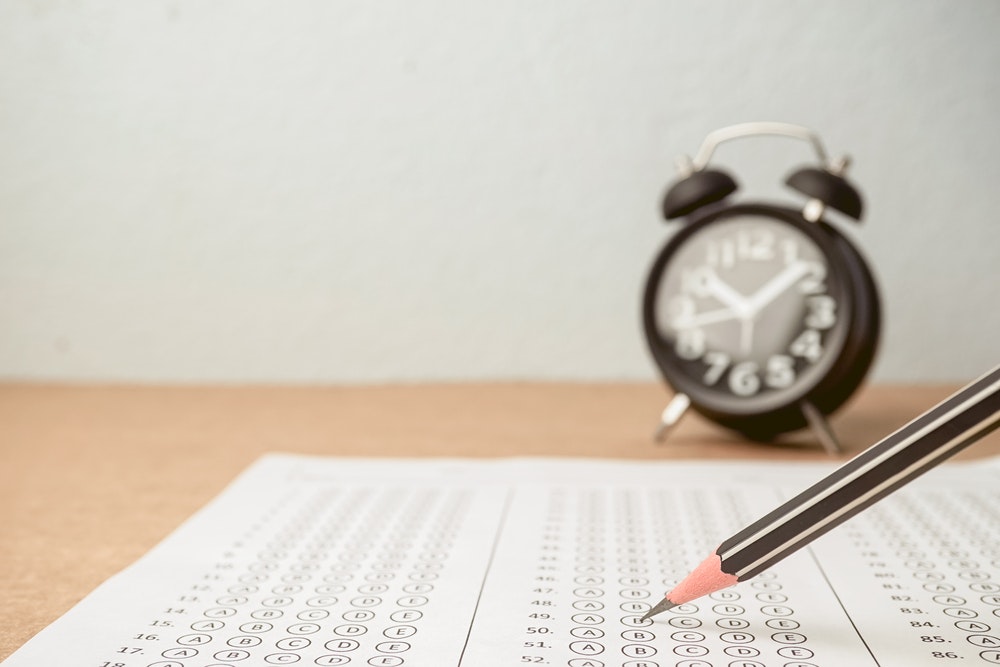
Jan 02, 2018
The SAT and ACT remain crucial benchmarks for college-bound students: Clark gives tutors the what, when and how-to-go-about-test-prep for the standardized exams in 2018.
It’s the new year but a familiar routine for thousands of American high school seniors, who are anxiously awaiting letters from their dream colleges. For thousands more juniors, it’s time to get serious about starting the college admission process with the Spring testing season just around the corner.
Clark has rounded up the 2018 SAT and ACT test schedules with some handy tips for optimal tutoring.
Which exam should students take?
Deciding which exam to take used to be a matter of geography: the SAT dominated the Coasts while the ACT was most popular across the Midwest. These days, the picture is a lot simpler: take the test that suits you.
The SAT and ACT offer different subject material and testing strengths, with the SAT said to be more focused on critical reasoning and the ACT more on actual knowledge. The ACT also includes a Science section – for those students looking to shine.
The easiest way to decide on which exam is to take a practice exam in each. If the student is a sophomore or junior, there’s a good chance they’ve already sat for a PSAT or Pre-ACT exam. In any case, there are free SAT practice exams and ACT practice exams with scoring sheets and additional information about the exams for students and tutors alike.
The ACT Schedule 2018
For the first time, in 2018 the ACT has seven test dates, with a new July test date. The confirmed 2018 ACT schedule is:

New Yorkers take note: there are no ACT test centers scheduled for the February or July test dates. That means a student’s ideal bet would be to take the April exam, receive their score by April 24, 2018, with a plan to sit for the June 9 exam if their score is below expectations.
The SAT Schedule 2018
The confirmed 2018 SAT calendar is:

Sitting for the 50-minute SAT Essay is optional – but should the student write or not? That choice depends on several factors: Does the students’ desired colleges require the essay? If so, that’s an easy yes. Is the student a strong writer? Whether required or not, the essay may further demonstrate the student’s writing and critical reasoning skills.
How long should students prep for the test?
There’s no hard and fast rule to how much test preparation a student requires and every student’s test prep needs are different. The sharpest test takers might require minimal support – maybe as little as 4 – 6 weeks before sitting the exam. Other students will need a long-term plan.
If the student has particular colleges in mind, work with them to calculate their target SAT score. A good benchmark for test success is trying to reach the 75th percentile of average test scores for the students’ desired colleges. For instance, in 2016, an ambitious applicant to New York University needed a 1510 to fall within the 75th percentile – the top quarter of NYU applicants.
Armed with some practice exam scores and the student’s dream college list, tutors can get to setting an ideal study plan tailored to the students’ needs and strengths, and whether the student is considering applying Early Action/Early Decision (if so, earlier the better for testing!).
High school juniors normally sit the big exams in Fall or Spring, when they’ve accumulated sufficient knowledge and skills to understand the SAT/ACT material. A solid strategy would be to sit an early exam—say Spring Junior Year—with the option to retake the exam or sit for the other exam later in the year.
The key ingredient is: time. In advising students and parents, don’t undersell how much time a student needs to show marked improvements in their test-taking. Universities are becoming more selective than ever – Harvard’s acceptance rate for the Class of 2021 was 5.2%! – and a lot rides on SAT/ACT scores. If a student is considering an Ivy League school, the aim is for the Mount Everest of scores: 1600 for the SAT, 36 for the ACT.
Level with your students and parents about their expectations – and then get to work!
